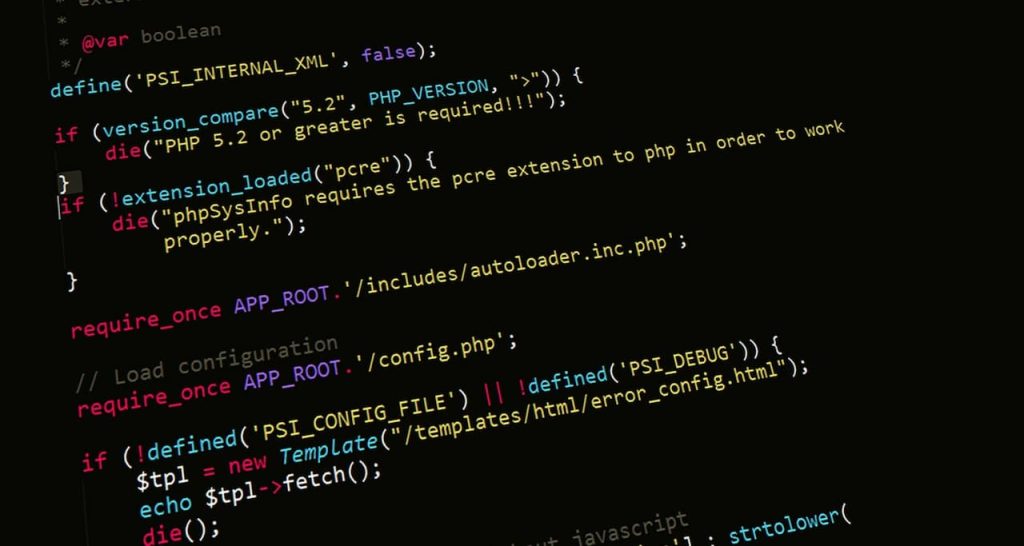Coding is a skill that can seem intimidating and complicated, but it doesn’t have to be. No matter how hard is it to learn coding, it’s even true that it takes practice and patience, but if you break it down into smaller pieces, anyone can learn to code. In this post, we’ll take a look at the basics of coding and how they can help you get started on your coding journey.
What Is Coding?
At its core, coding is the language used to communicate with computers. It is what allows us to create websites, apps, and software programs. As technology continues to evolve, so does the complexity of coding languages. There are various types of programming languages that each have their own syntax and style. Some popular languages include HTML/CSS, JavaScript, Python, Ruby on Rails, PHP, Java, and C++. Each language has its own set of benefits as well as drawbacks for specific tasks.
Why should I learn how to code?
Coding can open up new career paths and opportunities for self-employment. It’s also valuable if you want to become proficient in other areas, such as business analytics and data science (which are growing fields).
It can improve your problem-solving skills and critical thinking abilities since coding requires you to solve problems in order for your program or application to work correctly. This is crucial for many businesses today, where coding is becoming more prevalent in everyday life — think about how much software there is on your phone!
What makes coding so hard?
Coding is complicated because it requires you to think about things differently. When you’re learning how to code, you’re essentially learning how to think like a computer programmer. This means that you must learn how to break down problems into smaller pieces and then solve them using programming concepts like loops, conditions, variables, and more.
The more complex the problem you’re trying to solve, the more complex your code needs to be — which means more things could go wrong when writing it!
Getting started with coding
It depends on your background. If you have a degree in computer science, then you may find that learning to code is relatively easy. But if you don’t have any experience with programming languages like Python or Java, then learning to code can be highly challenging.
Start by picking a language that interests you most and research ways to learn it. Various online resources offer tutorials for free or at low cost — some even provide one-on-one mentoring with developers who can answer questions about the language you’re learning or provide feedback on projects you’re working on. Additionally, there are plenty of books available from any bookstore or library where you can find more detailed information about coding languages like Python or HTML/CSS.
Take advantage of resources available online
Fortunately, there are plenty of resources available online that can help you along the way. From tutorials on YouTube, online courses, eBooks, and even community forums – there are plenty of avenues for getting started with coding that don’t require any prior experience or knowledge base whatsoever! Plus, by taking advantage of these resources you can get hands-on practice with coding, which will help build your confidence as well as teaching valuable skills that will come in handy for future projects.
Online communities such as Stack Overflow or GitHub, where members share tips and tricks for various programming languages as well as troubleshoot problems they may be having with their code — a good way to learn coding. Even if you don’t have a specific question or issue right away, these communities are an excellent resource for learning more about different programming languages and building upon existing skill sets in order to become a better coder overall!
Difficulty level varies
The difficulty level of learning code varies greatly depending on the language you are trying to learn. Some popular coding languages, such as HTML and CSS are relatively easy to learn (especially if you’re willing to put in some effort). However, more complex languages like C++ or Java require a more significant amount of dedication as they take longer to master.

Conclusion
Learning how to code isn’t impossible – it just takes patience and dedication! With access to helpful resources like books and online tutorials, plus support from communities like Stack Overflow or GitHub will help make learning more straightforward than ever before! You just need dedication and patience when starting out – after all Rome wasn’t built in a day! With enough practice anyone can become an expert coder – so why not try it? It may just turn out that coding is your new favorite hobby!